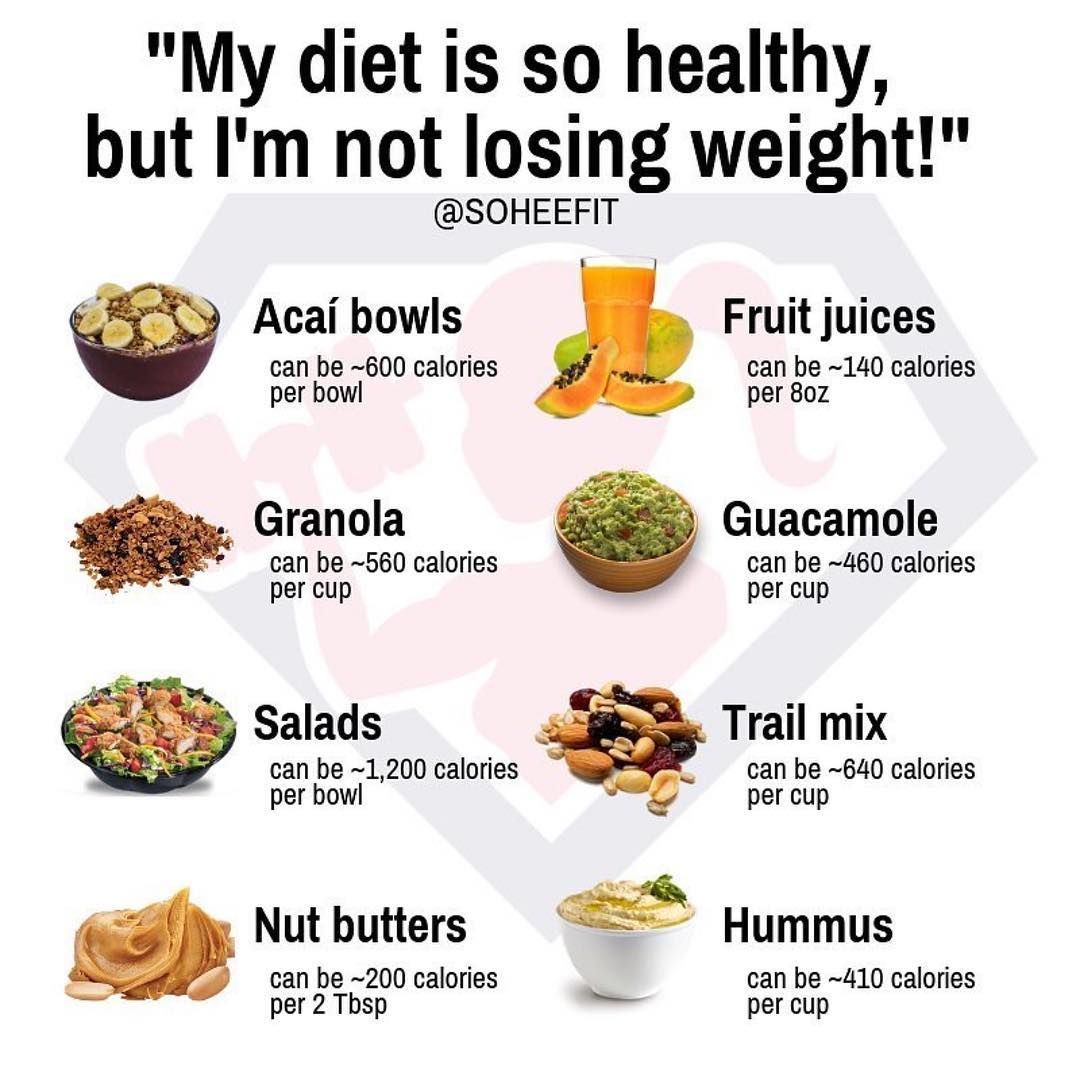
How to Eat Right While Exercising
Maintaining a balanced and nutritious diet is essential for overall health and well-being. When combined with regular exercise, proper nutrition becomes even more crucial for optimizing athletic performance, aiding in muscle recovery, and achieving fitness goals. Whether you are a seasoned athlete or just starting a fitness routine, here are some key tips on how to eat right while exercising.
Fuel your workouts with carbohydrates:
Carbohydrates are the primary source of energy for your body, especially during exercise. Aim to include complex carbohydrates like whole grains, fruits, and vegetables in your diet. These provide a steady release of energy, allowing you to sustain your workouts for longer periods. Opt for foods such as brown rice, quinoa, sweet potatoes, and oatmeal to fuel your body effectively.
Prioritize lean protein sources:
Protein is essential for muscle repair and growth. Including lean protein sources in your diet can help you recover faster from workouts and build and maintain muscle mass. Good sources of lean protein include chicken breast, turkey, fish, tofu, legumes, and low-fat dairy products. Spread your protein intake throughout the day to promote optimal muscle recovery.
Don't forget healthy fats:
While it may seem counterintuitive, incorporating healthy fats into your diet is important for overall health and performance. Fats are a concentrated source of energy and can aid in vitamin absorption. Choose healthy fats such as avocados, nuts, seeds, olive oil, and fatty fish like salmon. However, be mindful of portion sizes as fats are calorie-dense.
Stay hydrated:
Proper hydration is vital for optimizing exercise performance and overall health. During exercise, your body loses fluids through sweat, so it's important to replenish them. Drink water before, during, and after your workouts to maintain hydration levels. If you engage in prolonged or intense exercise, consider sports drinks that contain electrolytes to replace lost minerals.
Time your meals appropriately:
When it comes to eating around workouts, timing is key. Pre-workout meals should be consumed 1-3 hours before exercise and consist of a balance of carbohydrates and protein. This allows enough time for digestion and provides the necessary energy for your workout. Post-workout meals, on the other hand, should be consumed within 1-2 hours after exercise to replenish glycogen stores and aid in muscle recovery.
Listen to your body:
Every individual is unique, and there is no one-size-fits-all approach to nutrition and exercise. Pay attention to how your body responds to different foods and adjust your diet accordingly. Experiment with different food combinations, portion sizes, and meal timings to find what works best for you. Consider consulting with a registered dietitian or nutritionist who can provide personalized guidance based on your specific needs and goals.
Be consistent:
Consistency is key when it comes to both exercise and nutrition. Stick to a balanced and nutritious diet not only on workout days but also on rest days. Your body needs proper nutrients to recover and repair, regardless of whether you are exercising or not. Focus on making long-term, sustainable changes to your eating habits rather than relying on quick fixes or fad diets.
In conclusion, eating right while exercising involves fueling your body with the right nutrients at the right times. Prioritize complex carbohydrates, lean protein sources, and healthy fats, and maintain proper hydration. Timing your meals around workouts and listening to your body's needs are essential for optimal performance and recovery. Remember, consistency and long-term sustainable changes in your eating habits are key to achieving your fitness goals.